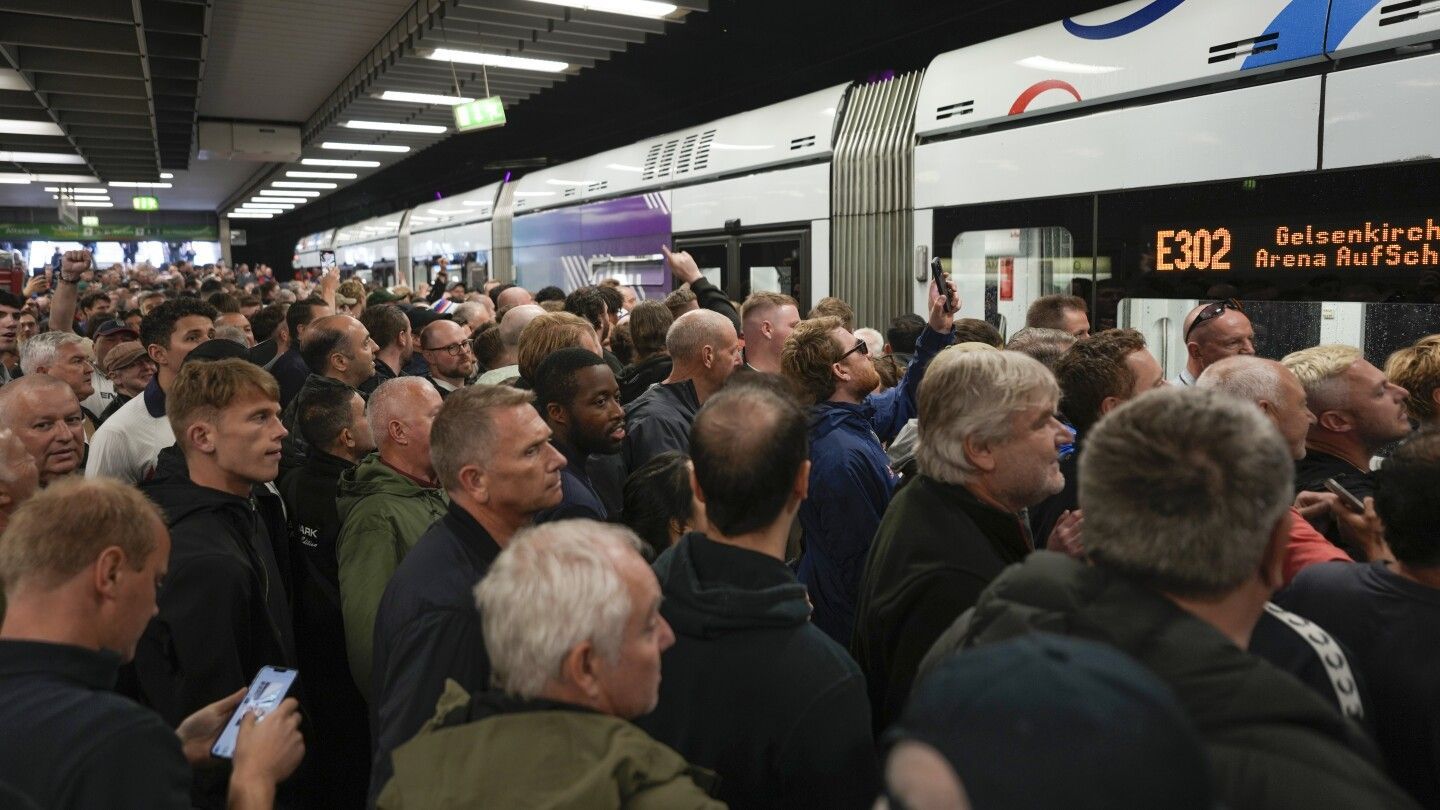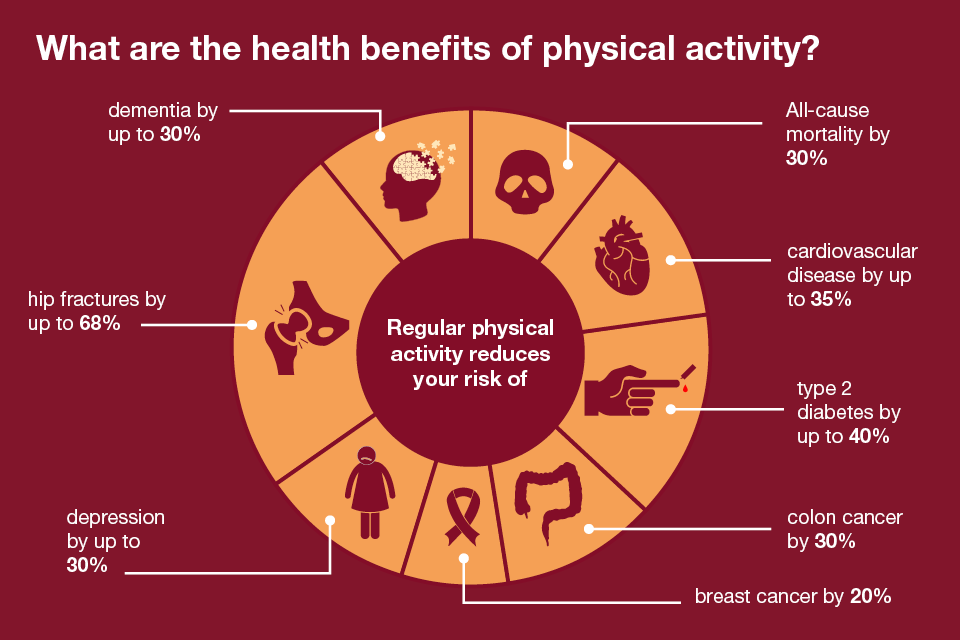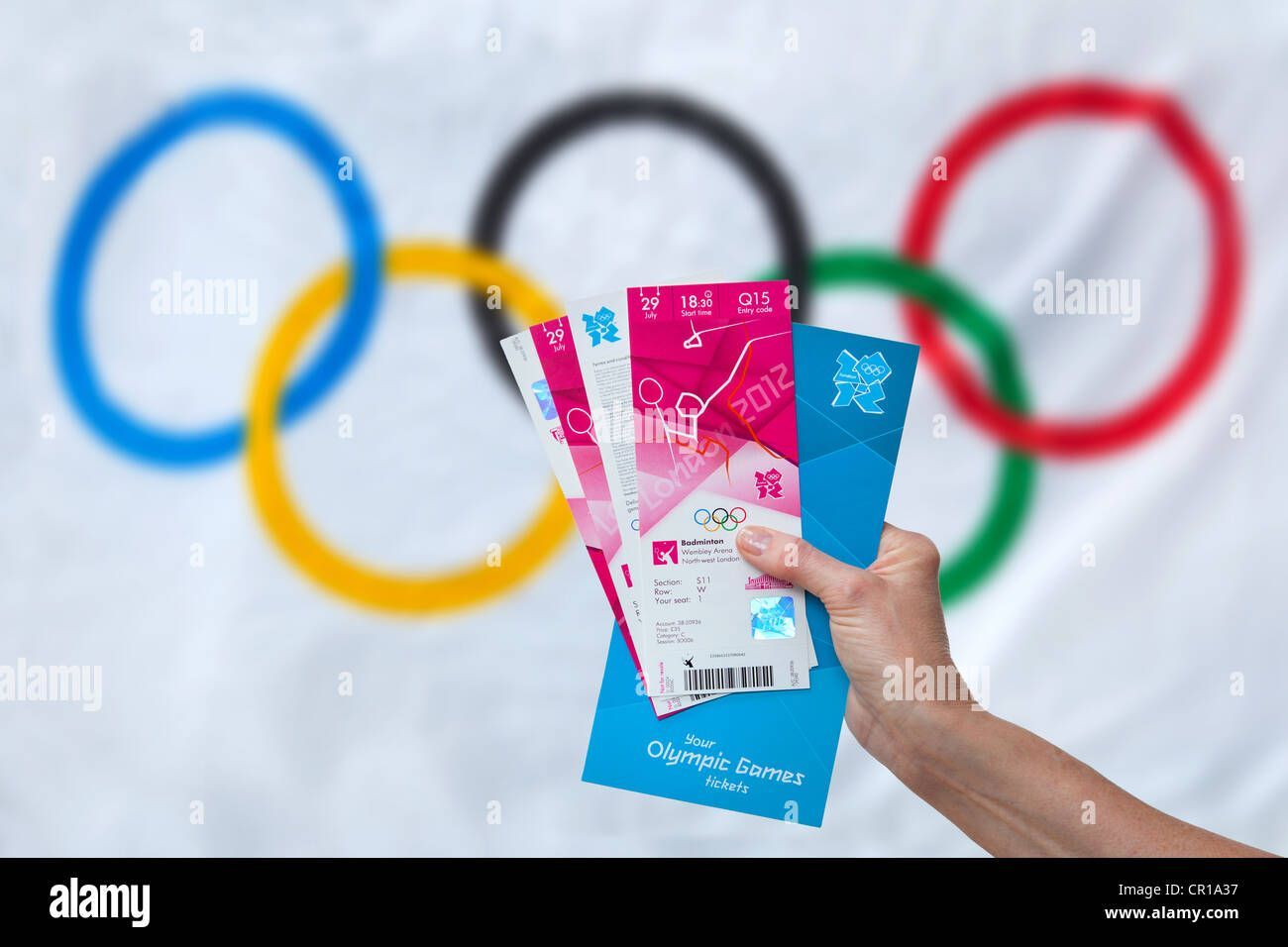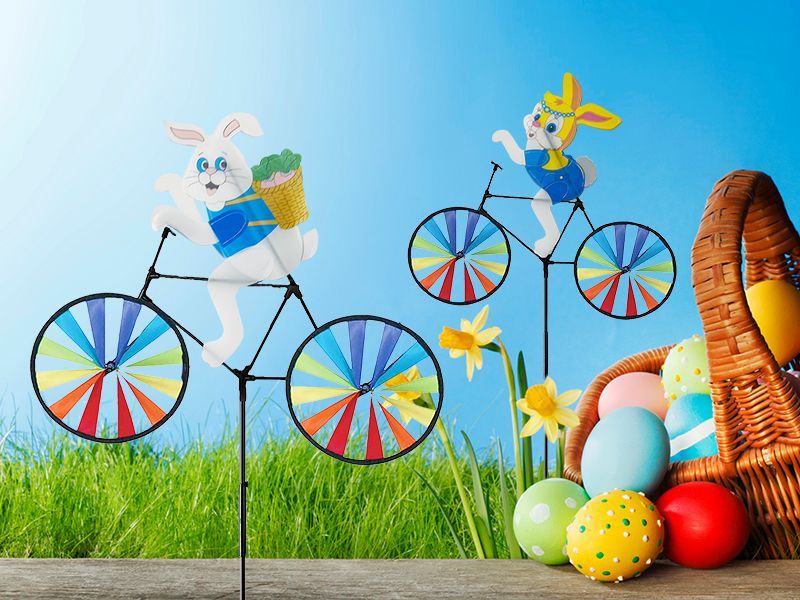Spectator Experience - What makes a difference?
Going to an event is more than just about the spectacle. It's about the whole experience from the moment you get your ticket.

Going to an event whether its sports, music or something else entirely, you want the experience to be great from the very beginning. Whether you pay a lot of money for a ticket or whether it’s free you have an idea in your head of how it will go and what to expect. So what makes a great spectator experience?
For me, when I go to an event as a spectator I expect to be wowed from the beginning! I firstly think about how I’m getting to and from the venue, then first impressions when you arrive is a big part followed by customer service from ticket checks, bag searches to programme sellers.
It’s not just on the day interactions that forms part of someone’s expectations, but the information you receive in advance which makes things such as travel and security easier and stress free for you.
I have worked on many events now in various roles and as part of each of my roles something that always sticks in my mind is what would spectators expect and what would exceed their expectation? So here’s some of the top things I have learnt about spectator experience:
1. Information in advance
There’s nothing worse than being stuck in traffic and missing the start of an event, so information in advance of an event is key. It is important that information is accurate, consistent and is provided in plenty of time. Spectators need to be able to access travel information no later than when they get their tickets.
There may be some changes to local transport round the venue, whether it’s a change in frequency, road closures/diversions or station closures. For example, during the London 2012 Olympics and Paralympics, Cutty Stark DLR station was closed due to short platforms and it couldn’t take the number of crowds expected. So there was a travel demand management campaign which helped inform spectators of these changes and recommendations instead to avoid on the day disappointment and confusion.
For the UEFA Champions League Final 2017 in Cardiff, information was provided to all spectators in advance through the clubs, the Cardiff2017.wales website and the Cardiff 2017 travel app. The website and app were the key sources of information providing information on all the different modes of transportation and a journey planner providing the options of getting to the event.
They also provided information on security around the city and stadium. By providing information on the bag policy and security checks made spectators aware that they needed to allow plenty of time to get to their seats and enjoy the event.
Another great information tool is high quality maps which can be used in multiple places. For the Rugby World Cup and Cardiff 2017, we used a variety of maps across the website, social media and spectator guides. These provided information on key locations such as the stadium, hospitality, fan meeting points, fanzones and all recommended walking routes between them. This provided everyone with visuals for them to plan ahead and also to use on the day.
On most of the major events I have worked on including London 2012, Glasgow Commonwealth Games, Rugby World Cup 2015 and Champions League Final 2017, In the Round has created and delivered successful travel demand management campaigns which has provided information and awareness to visitors saving them a lot of time and stress before the event.
2. On the day information
Information on the day is also key, there may be some last minute changes, delays or updates that spectators may need to know. During the UEFA Champions League Final we created an app which sent notifications out providing information to individuals e.g. long or no queues at the rail station, and a reminder of the Stadium’s bag policy.
Social media was also a good way to inform spectators on what’s going on and gives people a chance to ask questions with a quick response.
I feel stewards/volunteers are a good source of knowledge on the day of the event. I think it is always good to have volunteers outside the venue, local key transport hubs and within the venue. Providing information in a professional friendly way helps provide a high level of standard that people expect.
3. Customer Service
Which brings me onto customer service and the ‘faces’ of the event! As a spectator you want staff and volunteers to be friendly and approachable, and ideally have a smile! Remember a smile always goes a long way! They are the ones who give you information if you have a problem or enquiry, so to feel you are being listened to and given correct accurate information is important. One of the most memorable parts of 2012 was the public’s response to the Gamesmakers!
I recently worked on the IAAF World Championships at the Queen Elizabeth Olympic Stadium in London in the spectator services team. Our team consisted of hundreds of enthusiastic volunteers all dressed in pink! We did the information points and wayfinding outside the venue, so our team was the first faces you saw. So it was key to provide updated and accurate information to everyone whether it was gate opening times, closest toilets or last train from Stratford. It was also important (and easy!) to keep energy and enthusiasm levels high as we were the welcome party to the IAAF Championships! Even if people didn’t ask questions, we still welcomed them with a ’good morning’, ‘enjoy the athletics’ or a high five with the much sought after foam hands! When the crowds were thinning out as the athletics started we wouldn’t forget those arriving late and our team would create a tunnel for them to walk, run or skip through which the volunteers and crowds loved!
So in summary, I feel the key things to a great spectator experience is information and customer service! Information needs to be provided where possible and be consistent, so that everyone has correct accurate information from the start of their journey right through to the end. Whether it’s information they get with their tickets, what they see on the website and social media, or to road and pedestrian signage on the day, it all needs to be consistent from the very start.
With customer service, volunteers and staff need to be well informed and friendly/polite, remember they are representatives of the event and they are the ones that will be approached and provide spectators with a positive impact on the day. And the enthusiasm you get from a volunteer with a foam hand is bound to put a smile on anyone’s face!!
















